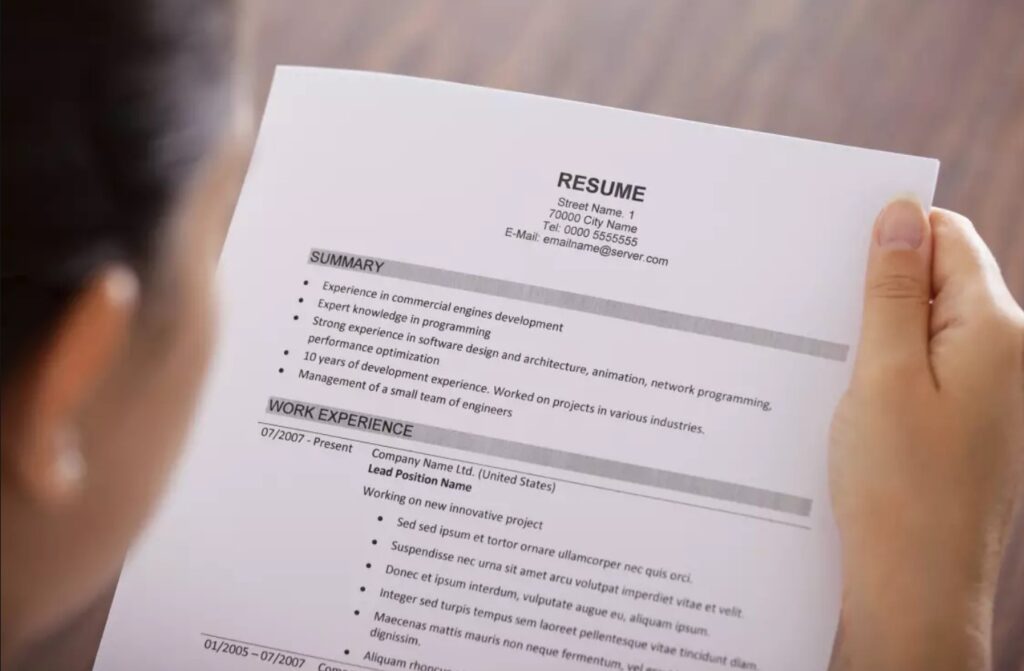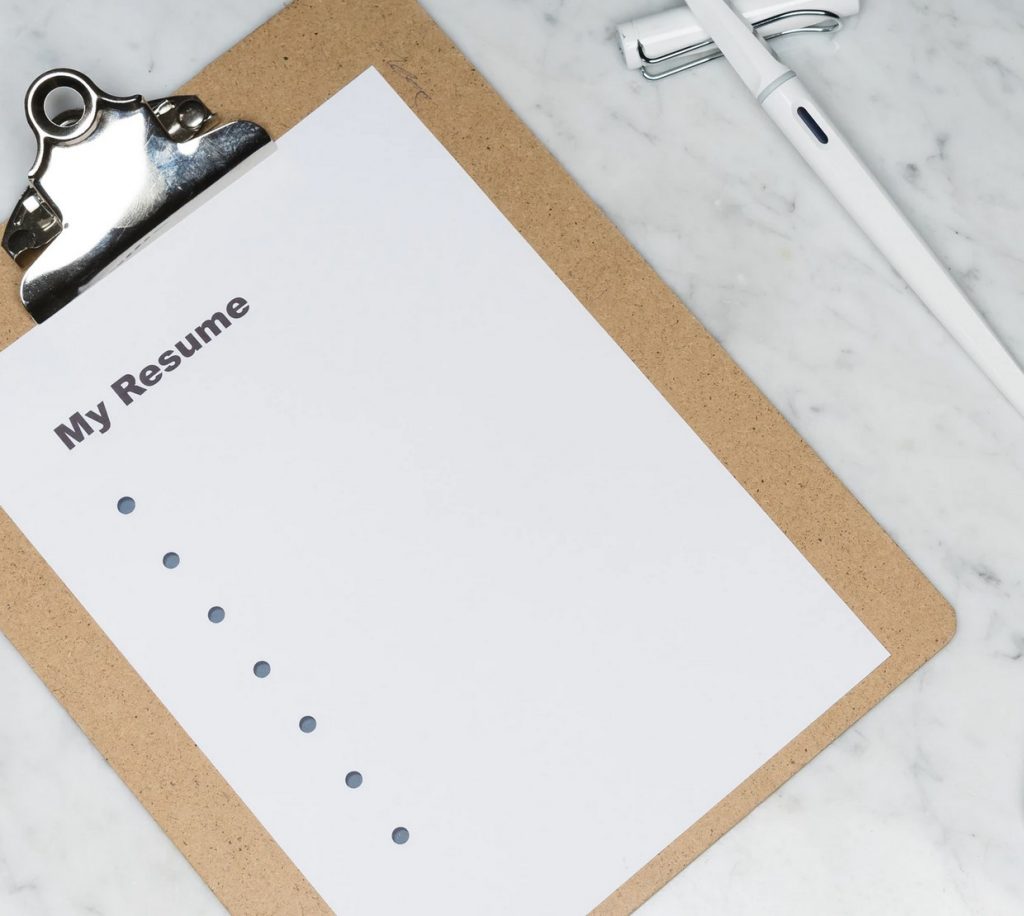A winning resume is indispensable to your career. But, it’s not just about having a clean and organized document — it also needs to answer the questions that hiring managers ask themselves when they’re looking at hundreds of applications. A professional resume writer will compile your best work experience, achievements, skills, and qualities into one succinct document that will showcase why you’re the best person for the job.
There’s no mystery to writing an effective resume. Professional resume writers, like the ones employed here, know a few tricks of the trade when working with job-seeking clients:
From the structure to the words, a winning resume will:

1. Get You an Interview
Most job seekers have a resume that’s slightly better than mediocre. But a truly effective resume will get past the application and into an interview.
2. Showcase Your Skills and Qualifications
In its simplest format, a resume is essentially a mini-marketing tool that lets potential employers know what you can do for them. So make sure it showcases your skills and qualifications.

3. Present You as an Employer’s Dream Candidate
A winning resume will make you stand out among a pool of other qualified candidates. An effective resume writer will strategically showcase your skills, work history, and experience in a way that makes it clear you’re the best person for the job — without being obnoxious or leaving out key details about your background.
4. Specifics, Details, and Facts
A winning resume will focus on specific accomplishments, achievements, skills, and results you’ve generated in your work history. It should also have a solid mix of facts, figures, numbers, and other “hard evidence” to back up your claims.

5. Accomplishments Over Job Duties
Industry experts agree that it’s not about what tasks you performed but the accomplishments you achieved at each position. Use specific accomplishments to demonstrate your problem-solving abilities instead of generic job descriptions.
6. Focus on Diversity and Accomplishments
A winning resume will actively highlight how you’ve contributed to diversity efforts in the workplace and paint a picture of how you’ve helped others succeed. It should also flash your expertise in areas where colleagues or employers have praised your work, performance, or abilities.

7. Create a Winning Resume Narrative
You should illustrate how you can solve problems for the company from your resume and how your professional experience compares to their needs. An effective essay should be clear, concise, and written in a manner that’s easy for the reader to comprehend.
8. Use Numbers and Statistics
An effective resume will include concrete numbers, statistics, and figures that demonstrate your ability to contribute to the organization in a meaningful way.

9. The First 5 Seconds
An effective resume should immediately catch an employer’s eye and entice them to read more. Using bold colors, graphics, and fonts that catch attention from the start will help your resume stand out among dozens of other qualified job hunters.
10. Know Your Audience
An effective resume will have a different focus, tone, and layout depending on the employer, the industry, your experience, and your career goals.

11. Tailor Your Resume to Each Job
You never know which job posting you’ll apply for, so it’s important to tailor each resume you send out to the company and the position you’re applying for. An effective resume writer will help you choose the most relevant skills to showcase on your document based on the job description.
12. Avoid Job Descriptions
Job descriptions are generally boring to read, and they don’t provide concrete examples of how you’ve contributed to the company or solved problems for colleagues or employers. It’s better to focus on accomplishments and the results you’ve achieved in previous roles.

13. Cut It Out
The most common mistake most job seekers make is sending out too many resumes. Resume writing professionals advise that you should send out one to three resumes depending on your qualifications and experience. More than that, and you’ll come off as a desperate job seeker who can’t be picky about their next job opportunity.
14. Everything in Order
An effective resume will present your work history, credentials, and skills in reverse chronological order (most recent work experience to oldest work experience).

15. Skip the Objective
Job seekers tend to get overly creative when writing an “objective” at the top of their resume. But it’s a waste of space and doesn’t paint a clear picture of how you can help the company in your next role.
Resume writing professionals use a variety of tactics to ensure employers come away impressed when they read your document. It’s important to remember that a winning resume is more than an itemized list of jobs held, skills, and experience. It should be strategic, tailored to specific positions, and use qualitative, recent numbers rather than just job titles and dates. When writing your document, don’t think of it as a simple list of tasks you performed on the job — but an overview of your accomplishments and the results you can achieve for your next employer.
A resume will never be able to tell the entire story of your work history and attributes. But when written correctly, it can highlight your most relevant skills, as well as your ability to meet specific job requirements in a way that makes you stand out from other candidates.









